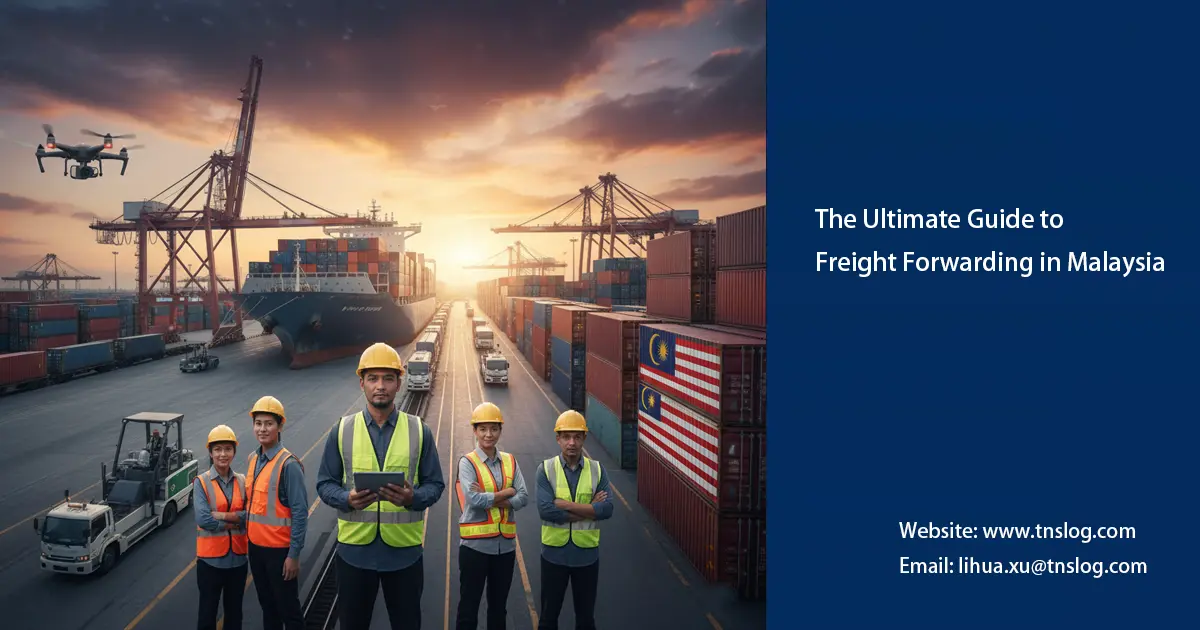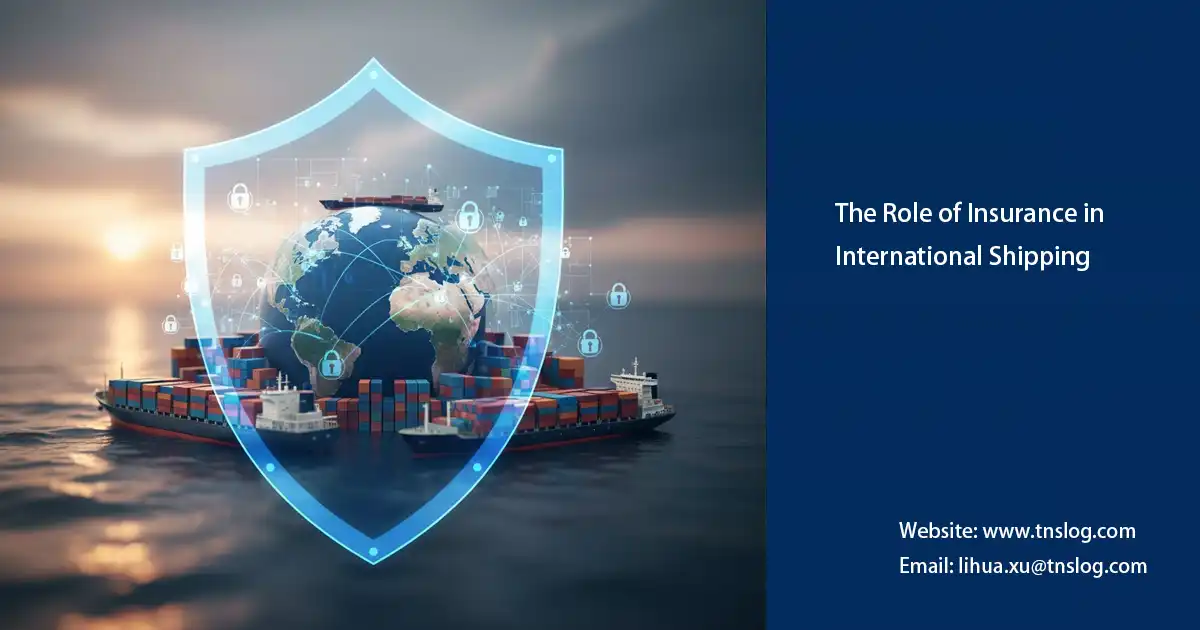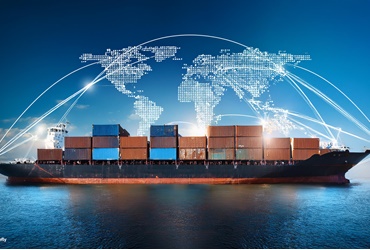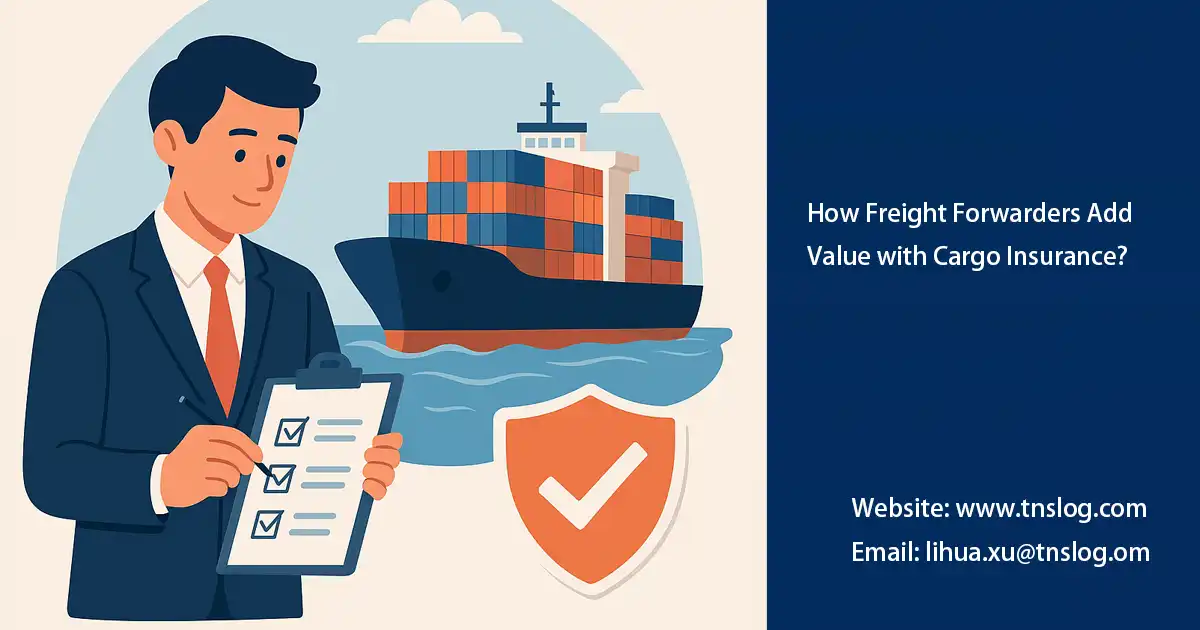Overview of Main Types of Marine Cargo Insurance
You may not be very familiar with marine cargo insurance, but it is a very important link in the import and export industry. Imagine if your cargo sails from Port Klang but is severely damaged in a Pacific storm, which will result in huge losses. As a Malaysian freight forwarder, we have extensive experience in marine cargo insurance. The main types of marine cargo insurance generally include All Risks, Free of Particular Average (FPA) and With Particular Average (WPA). If you are a beginner, please start with our basic article “What Is Marine Cargo Insurance and Why It Matters“. Now let’s take a deeper look at the types and applicable conditions of marine cargo insurance.
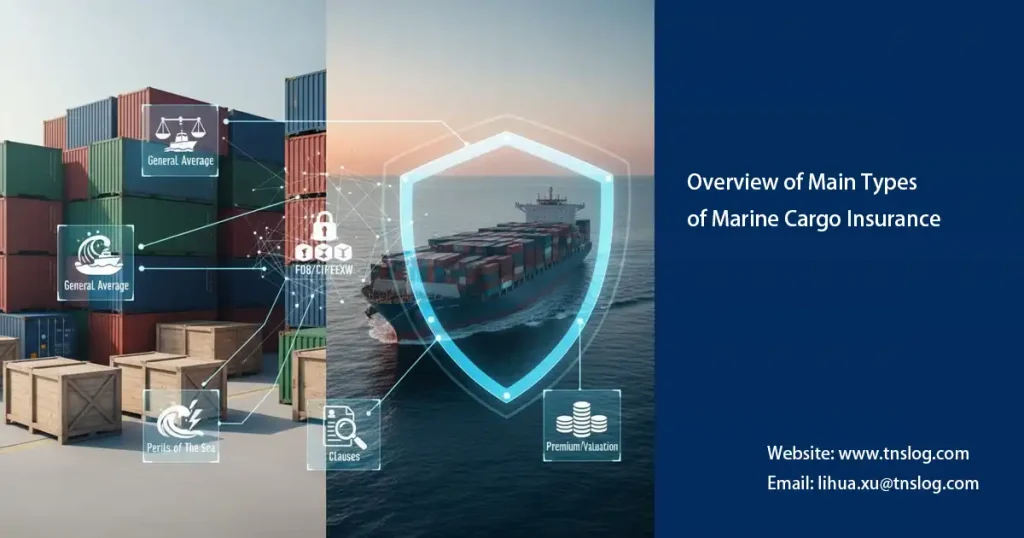
All Risks Marine Insurance
All Risks Marine Insurance is a comprehensive type of marine cargo insurance that covers loss or damage to goods during transport unless it is specifically excluded in the policy. It protects against a wide range of external perils, such as sinking, fire, collision, and theft, but excludes certain events like war, strikes, wear and tear, and inherent vice (e.g., natural decay). This type of policy is more extensive than “named perils” insurance, which only covers losses from a specific, listed set of events.
Coverage and limitations
All Risks marine insurance is a comprehensive policy that covers loss or damage to cargo during ocean transport from virtually any external cause, unless specifically excluded in the policy. It provides broader coverage than named perils insurance, which only covers risks like sinking or fire. Examples of covered events include collision, theft, severe weather, and leakage. For Malaysian rubber exporters traveling via the Indian Ocean, it covers everything from storm-induced soaking to port theft.
However, exclusions require careful scrutiny: damage caused by war, inherent vice (e.g., natural deterioration), or inadequate packaging is excluded; and coverage for delays, fair wear and tear, or emerging cyber risks is often extended through riders. These limitations ensure the policy’s focus on external events, but also mean higher premiums (0.5–1.5% of the cargo value) to match the comprehensiveness. Curious about how these nuances influence your choice? Check out our expert explainer, “All Risks, WPA, FPA — What Do They Really Mean?“
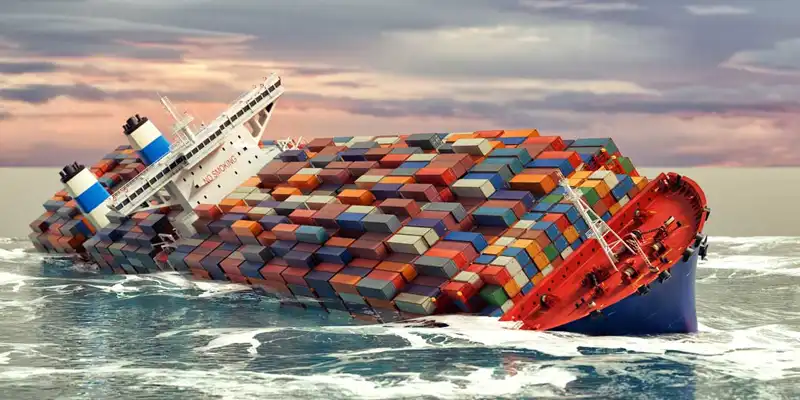
Free Personal Insurance (FPA)
Free of Particular Average (FPA) is an insurance contract clause that eliminates an insurer’s liability for partial losses. FPA clauses are most commonly found in marine insurance policies. Exclusive Liability Insurance (FPA) (ICC C) provides basic and cost-effective coverage, focusing on major disasters and skipping minor or isolated damages. It is the preferred choice for bulk commodities in stable trade, maintaining low premiums under inflationary pressures in 2025.
Coverage and limitations
The FPA clause is most commonly found in marine insurance policies. It protects against total loss or major perils such as sinking, fire, explosion, collision, or stranding—plus abandonment of cargo and general average. It does not cover partial damage unrelated to these events (such as isolated rain damage). For a palm oil tanker sailing from Port Klang to Rotterdam, it protects against total loss of the vessel but does not cover selective cargo deterioration.
Warehouse-to-warehouse transport is standard, but extended coverage in the event of war or strikes carries an additional charge. With Malaysia’s export boom—expected to grow by 7% by 2025—this can reduce costs for low-risk transport.
Strengths and Weaknesses
Advantages: Minimal premiums (0.1–0.5% of the value) make it budget-friendly; simple claims in the event of a disaster are settled quickly (typically 2–4 weeks). It complies with FOB trade, with the buyer assuming risk at the port.
Disadvantages: The narrow coverage leaves room for common issues like theft or handling damage—a 2025 TT Club report shows that 40% of claims fall outside the FPA coverage. Not suitable for valuables; for high-risk routes like the South China Sea, add an add-on or skip it.
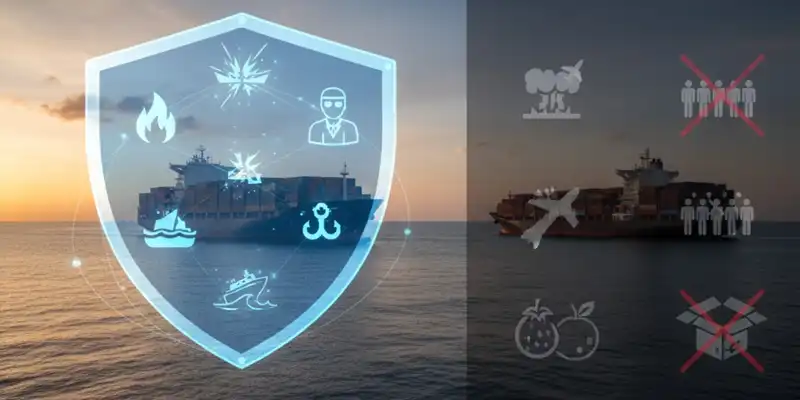
With Particular Average (WPA)
With Particular Average (WPA) is an ocean marine insurance clause that covers partial loss or damage to insured goods, but often with a minimum percentage of damage required for a claim to be paid. This contrasts with “Free of Particular Average” (FPA) policies, which only cover total losses or specific partial losses, and “All Risks” policies, which cover more perils. WPA protects against perils like storms, collisions, and grounding, but typically excludes losses from the goods’ inherent nature, like spoilage.
WPA takes the middle route and extends FPA to cover losses exceeding the deductible (usually worth 3%). It is suitable for medium risk goods, balancing cost and coverage in today’s unpredictable sea areas.
Conveyance
The WPA builds upon the primary perils of the FPA and adds compensation for losses exceeding a threshold (such as fire or collision damage). It covers overboard, sabotage, and seawater intrusion—but not theft or general mishandling, unless extended. Imagine a textile container from Malaysia gets dented in the Suez Canal: if the damage reaches the deductible, the WPA pays.
Similar to other policies, it’s a voyage-specific policy, with frequent shippers choosing an annual policy. With NOAA predicting a 15% increase in typhoons by 2025, this type of coverage could help facilitate rapid recovery.
When to Choose WPA
For semi-precious cargo like machinery or clothing on established routes, choose a WPA where full risks are overkill and an FPA is too inadequate. Malaysian importers under DAP benefit from its deductible flexibility, reducing premiums by 20–30% compared to full risks. Avoid perishables—choose one if your risk profile indicates occasional but infrequent partial losses.
Valuation Clause
Comparison chart of different types of marine cargo insurance
| Aspect | All Risks (ICC A) | Free from Particular Average (FPA, ICC C) | With Particular Average (WPA, ICC B) |
|---|---|---|---|
| Core Coverage | All accidental loss/damage (except specified exclusions) | Total loss + Major perils of the sea | FPA + Partial loss exceeding deductible (3%) |
| Key Included Perils | Theft, Pollution, Handling damage | Fire, Sinking, Collision, Jettison | Seawater ingress, Sacrifice, Partial fire |
| Exclusions | War, Delay, Inherent vice | Partial damage, Theft | Theft, Minor handling (below deductible) |
| Premium Range | 0.5~1.5% of value (broader coverage, higher cost) | 0.1~0.5% (budget option) | 0.3~0.8% (balanced) |
| Best Suited For | High-value/Fragile goods (e.g., Electronics) | Bulk/Low-risk commodities (e.g., Grains) | Medium-value items (e.g., Machinery) |
Have Anything To Ask Us?
Please fill in your email in the form and we’ll get back to assist you soon!

